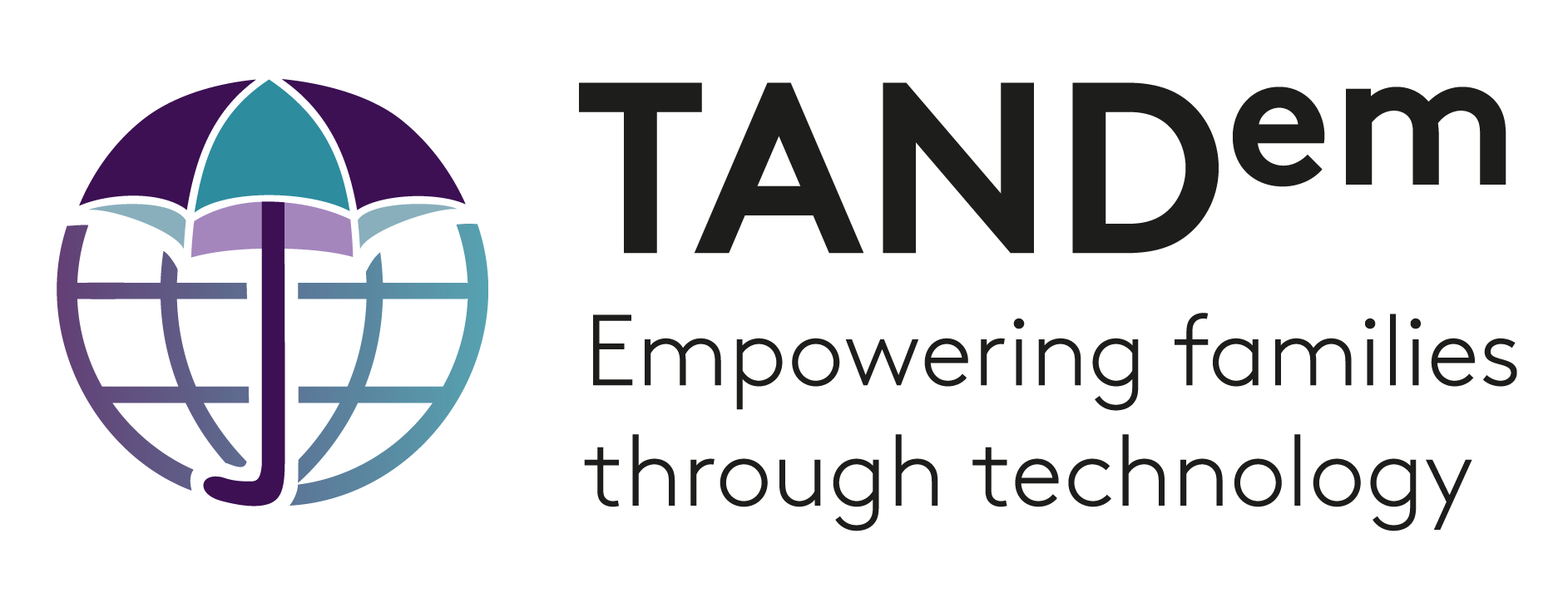Mood/Anxiety Cluster
Home > TAND Clusters > Mood/Anxiety > What to do
What to do
We have collected some ideas of things that you can do if you or your child has mood or anxiety symptoms. Some are more relevant for parents of young children, and others are more relevant for adults. Remember, there is very little research about interventions for mood or anxiety symptoms in people with TSC. Most of what we refer to in this section is from research with people without TSC and people with epilepsy or intellectual disability. In the resource panel we refer to some resources that are freely available to the public.
Self-management of mood problems
There are many general strategies that anyone can do to help their mood. You don’t need to wait for a diagnosis to begin practicing some of these healthy habits.
- Practice a positive attitude by replacing negative thoughts with positive ones.
- Meditation and mindfulness help develop a sense of awareness and self-compassion.
- Acknowledge your strengths and limitations and then focus on what you can do, and set realistic, short-term goals for yourself.
- Try to get up each day, get dressed, and establish and maintain a consistent routine regardless of how you are feeling that day.
- Get some exercise, exercise provides many benefits both physically and mentally. This can be as simple as a daily walk, yoga, sports, or anything that gets you active.
- Get enough sleep, an appropriate amount of sleep (not too much or too little) can help with mood and energy level.
- Eat a well-balanced diet, also avoid too much alcohol or caffeine.
- Do something you enjoy, such as practicing yoga, listening to music, reading a book, talking a walk, practicing a hobby, or hanging out with friends.
How to practice meditation
- Find a comfortable place to sit.
- Notice what your body is doing.
- Try to keep a good posture.
- Keep your eyes open or closed, whatever is most comfortable.
- Pay attention to your breathing.
- If your mind wanders, gently bring it back to your breathing.
How to practice mindfulness
- Set aside a few minutes and sit in a quiet place.
- Pay attention to the present moment.
- Do not judge yourself if your mind wanders. Just return to the present moment.
MindShift CBT – Anxiety Relief
[play.google.com]
Self-help App for the Mind SAM
[play.google.com]
Super Better
[play.google.com]
MoodTools – Depression Aid
[play.google.com]
Self-management of anxiety problems
- Keep a journal to write down anxious thoughts.
- Many mobile apps on relaxation have been developed that are very helpful during moments of anxiety and stress. One method includes deep, focused breathing. This can help slow your heartbeat and help calm you down.
- Practice progressive muscle relation by tensing and relaxing each muscle group from your toes to your head for 3 seconds and then relax.
- For individuals with intellectual disability, deep breathing is often very helpful in a stressful situation. I often tell my patients, “smell the flowers, blow out the candles”.
- It is also important to remember that you are not alone. Reach out to family and close friends and let them know how you are feeling. Also, don’t be afraid to seek professional help if you feel that your symptoms are too overwhelming.
My Mental Health: Do I Need Help?
[nimh.nih.gov]
Looking After Yourself – Anxiety
[cci.health.wa.gov.au]
Anxiety Disorders Resource Center
[aacap.org]
What to do when you have an anxiety attack
- Know your triggers.
- Leave the situation if possible.
- Grounding techniques: look around for things you can see, things you can touch, things you can hear, things you can smell, and things you can taste.
- Pay attention to your breathing.
- Visualise a safe place.
- Counting.
- If possible, ask someone you know to help you get through the anxiety attack.
- Drink cold water or put cold water on your face.
- Carry an item with you that is calming and can be accessed when you are feeling anxious.
How to help your loved one
What to do
It’s distressing to watch someone you care for experience anxiety or mood difficulties, but there are things you can do to help:
- Be kind, non-judgmental, and provide validation of their feelings, as another person’s anxiety or depression may not make sense to someone else.
- For young children or individuals with intellectual disability, it can be helpful to create a calm space in your home, or a “calm corner”, filled with all their favourite things, which can be used to help them calm down and relax.
- Distraction with a fun activity may also help them to not focus on their anxiety.
- Encourage them to seek help if their symptoms start to impact their daily functioning and relationships.
- Look after yourself by recognising your own limits, share your caring role with others if possible, and talk to someone and find support for yourself.
- Recognise that your goal is to help, not to cure the person or relieve them from their anxiety or mood disorder.
What NOT to do
- Do not place demands during times of known stress and anxiety.
- Do not enable them by eliminating the cause for concern as this will only make symptoms worse in the long-term. For example, if your child is anxious about going to school, keeping them home may allow them to avoid their trigger temporarily but will not help them in the long-term.
- Do not force someone to do something that makes them anxious or stressed. For example, if someone is anxious around people, do not force them to attend a large gathering in hopes that it will alleviate their fears. Instead, start with smaller gatherings and then slowly work toward larger groups.



